Cracks in G7, harmony in SCO
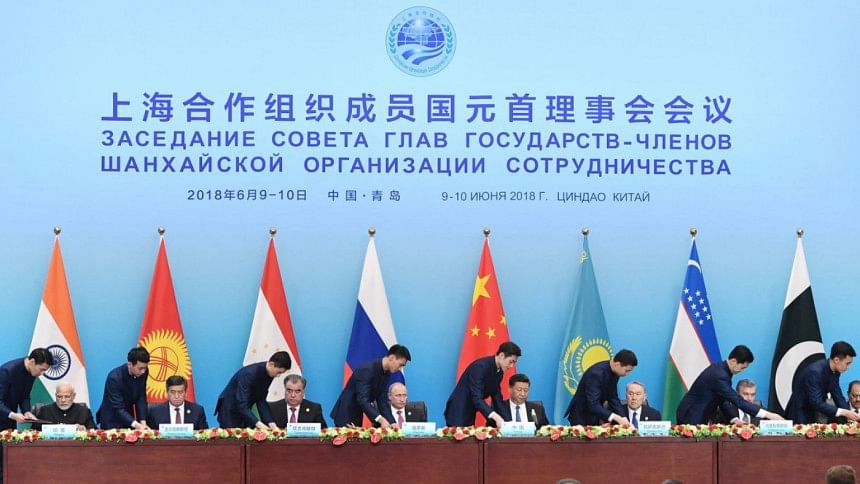
The G7 summit hosted by Canadian PM Justine Trudeau (June 8-9) was quite unprecedented. The way the leaders of the seven rich industrialised countries behaved was simply appalling. Never in the 45-year history of the G7 have leaders rebuked each other or traded insults.
But this time it all started with Donald Trump imposing 25 percent tariff on steel and 10 percent tariff on aluminium imports to US effective from June 1, 2018. This immediately sparked a hue and cry from Canada, Mexico and the European Union. Earlier in March, Trump imposed 25 percent tariff on USD 60 billion worth of Chinese exports to US.
Why has Trump triggered this trade war? US has been persistently having negative balance of trade since 1975. As of January 2018, the deficit stood at USD 528 billion. This means that US not only imports more than it exports, but also charges lower tariffs. Trump tweeted that the EU trade surplus with US stands at USD 151 billion. It is a fact that EU has value added tax (VAT) imposed on all imports including goods from US. The VAT rate varies from 17 to 27 percent in EU member countries.
To stem the decline, Trump resorted to import substitution policy. Theoretically, tariffs will restrict the volume of products entering US and generate revenue. This is supposed to ramp up production of those goods in American industries to meet local demands. That in turn should create more jobs and also help move towards lower balance of trade deficit. Trump's policy has upset America's trading partners as their products will now face higher tariff walls which will threaten their industrial production as they lose the lucrative American market. This is the crux of the issue.
It is because of this that the leaders of G7 met at Charlevoix, Quebec. Naturally the agitated leaders of Canada, Japan, Britain, Germany, Italy and France were up in arms declaring that Trump's tariffs were unjustified and would be met with retaliation. Even before the summit began European leaders made statements that were undiplomatic, deepening the schism within the group.
Grim faced Trump attended the opening session but made no effort to allay the concerns of his partners. What shocked the European leaders was Trump's call to readmit Russia into the group. Russia, suspended from the group in 2014 following the annexation of Crimea is viewed with deep suspicion by Europe.
In bizarre behaviour, Trump purposefully skipped the sessions on Climate change, women's empowerment and the closing ceremony—leaving for Singapore to meet with North Korea's Kim Jong un—instructing his team not to endorse the Final Communiqué. Trump's refusal to endorse the Final Communiqué may please his domestic support base but has left the G7 in disarray.
The 28-paragraph Final Communiqué, among other issues, highlighted the benefits of "free, fair, and mutually beneficial trade and investment, while creating reciprocal benefits (that) are key engines for growth and job creation".
For the Bangladesh delegation led by Sheikh Hasina, the communiqué would be satisfactory as paragraph 19 clearly calls upon Myanmar to allow safe and unhindered humanitarian access and safe, voluntary and dignified return of Rohingya refugees to Myanmar. This will certainly bring pressure on the obscurantist military regime of Myanmar. Credit for this passage should go to Justin Trudeau and his Foreign Minister Chrystia Freeland who was in Dhaka for the 45th Council of Foreign Ministers of the Organization of Islamic Cooperation. The inclusion of this passage is significant as the G7 recognises Rohingya as a community and the need for their return to Myanmar. Incidentally, the passage could be included as China and Russia, who have persistently opposed similar statements at the UN Security Council, are not members of G7.
Analysts say that Trump's trade policy would not benefit the US economy. Uncharitable comments say that the communiqué is not worth the paper it is written on, unless Macron and Merkel can change Trump's mind. Trump's belligerent behaviour has left America isolated. If this trade row continues it will have negative impact on Nato, much to Putin's delight. Trump has opened too many fronts—Iran (JCPOA), China (trade), Jerusalem (US Embassy relocation), North Korea (denuclearisation) and now G7 (tariff). It is understandable that these are Trump's negotiating position but can he really wrap these diplomatic challenges and put America First?
While G7 leaders were wrangling about tariffs, there was another harmonious and cordial summit going on in Qingdao, China. Shanghai Cooperation Organisation (SCO), formed in 2001, surprisingly invited rivals Pakistan and India to become permanent members of the group and attend the 18th summit held between June 9-10. The group has China, Russia, Kazakhstan, Kyrgyzstan, Tajikistan, Uzbekistan and now Pakistan and India in it.
SCO touted as a counter-balance to Nato is an economic, political and security organisation initiated by China to essentially address security issues. Apart from enlarging the membership, the summit adopted the Qingdao Declaration. In the face of increasingly growing uncertainties the international community needs to seek common grounds to cope with global challenges.
Though PM Narendra Modi opposes Xi Jinping's One Belt, One Road (OBOR) initiative he went ahead and endorsed the declaration and the action plan for 2018-2022. The action plan envisages working out a Treaty on Long-term Good Neighbourliness, Friendship and Cooperation between the SCO members.
The most significant incident was the exchange of pleasantries between Pakistan's President Mamnoon Hussain and Narendra Modi. Relation between India and Pakistan worsened since the terrorist attack on India's Pathankot Airbase in 2016. That led India to boycott the 19th Saarc Summit scheduled in Pakistan in 2016. If India and Pakistan can work in SCO, can they also work towards reviving the Saarc summit?
In these troubled times, one wonders what is happening to the global order with chaos within the G7 and the strengthening of the SCO.
Mahmood Hasan is a former ambassador and secretary of the Bangladesh government.



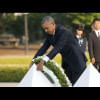
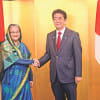
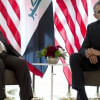
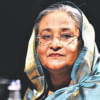
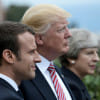


Comments